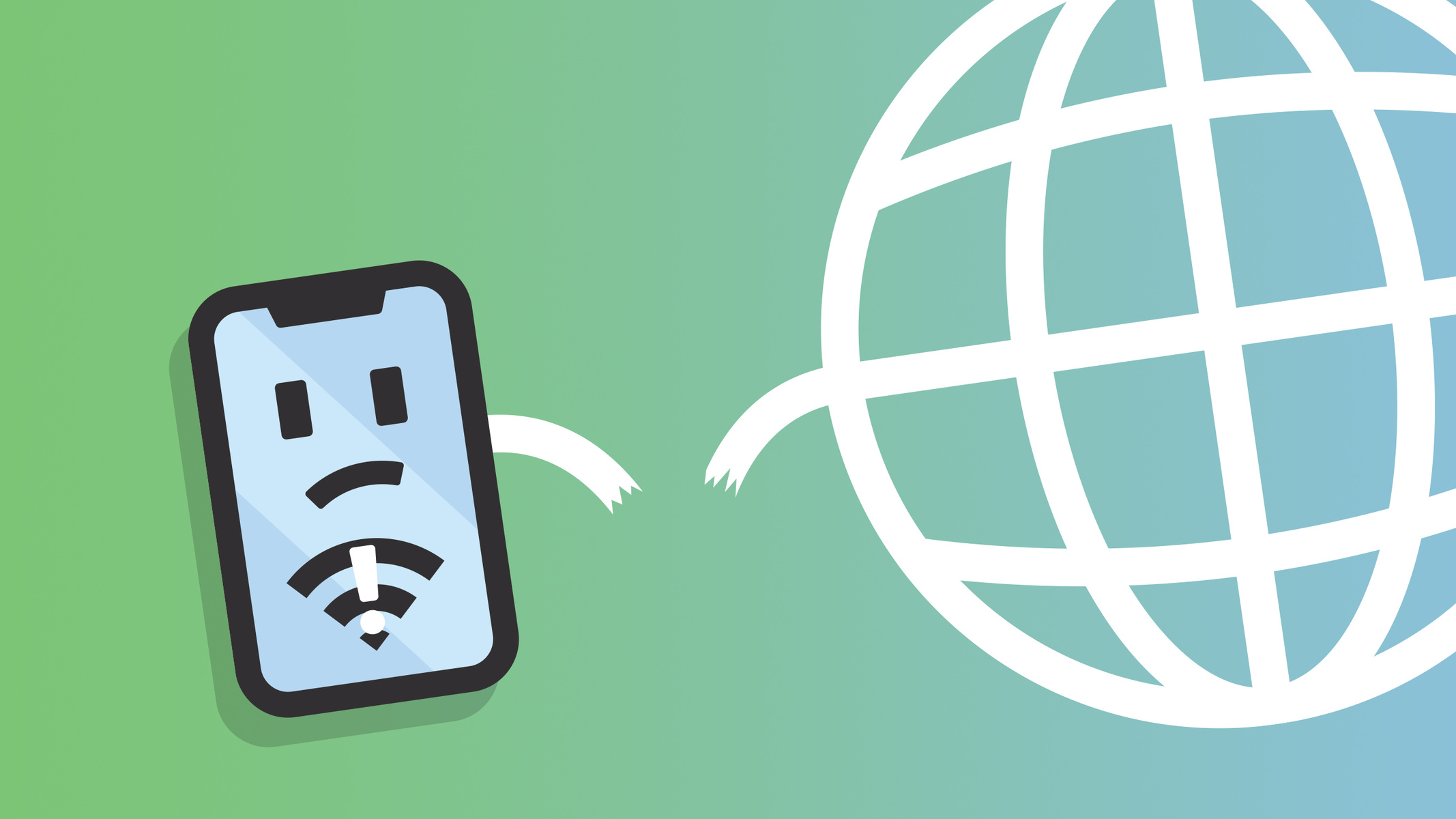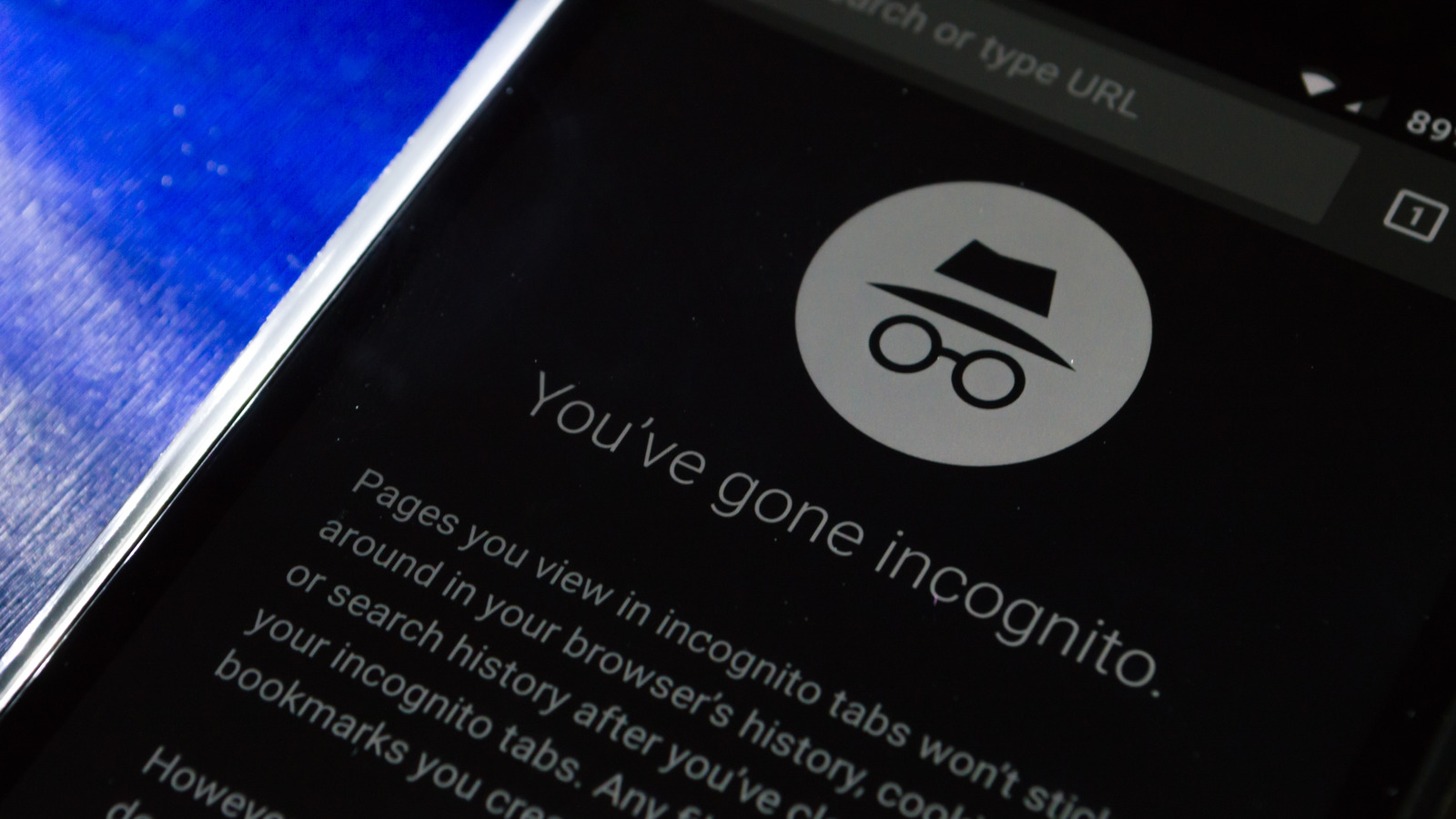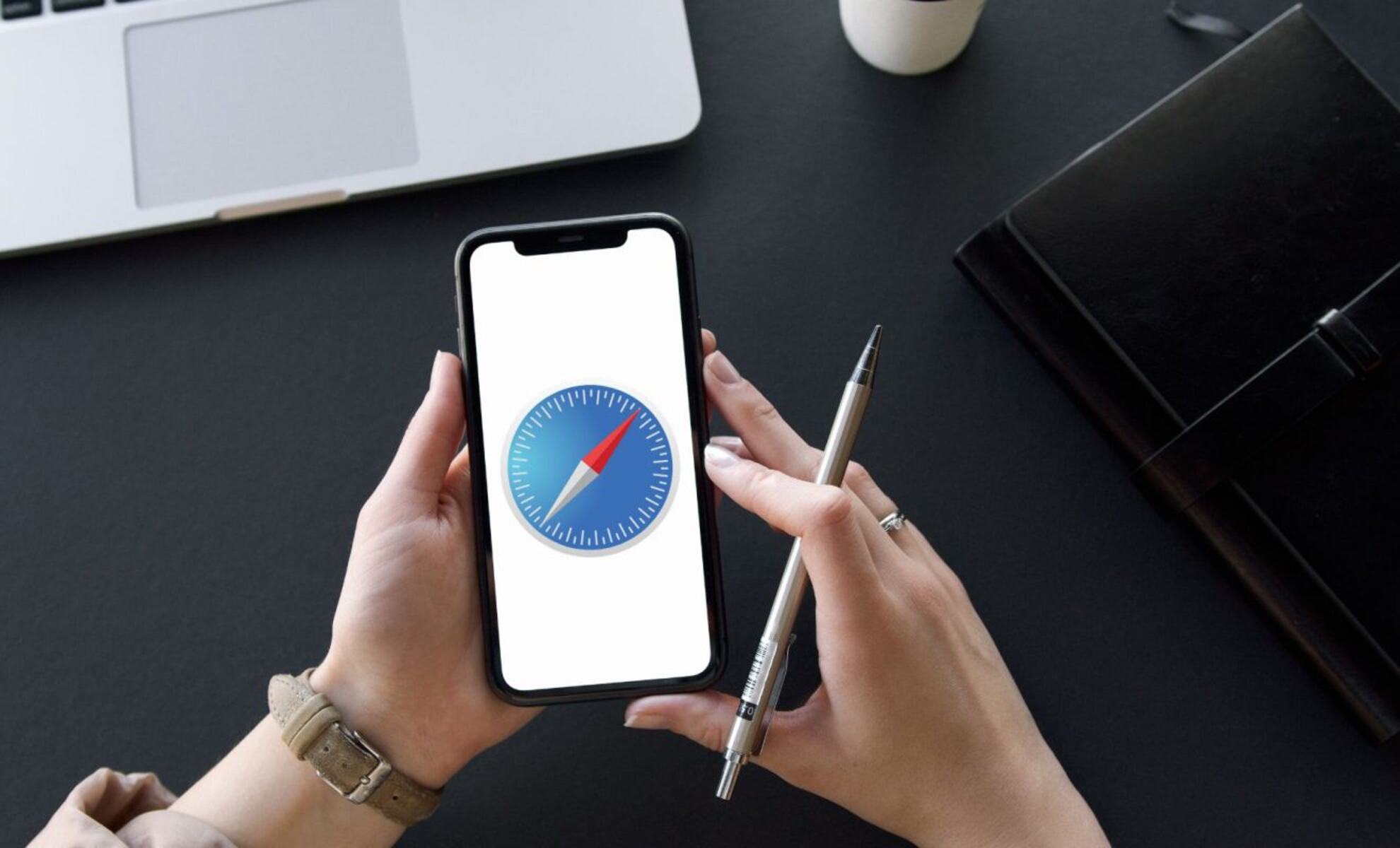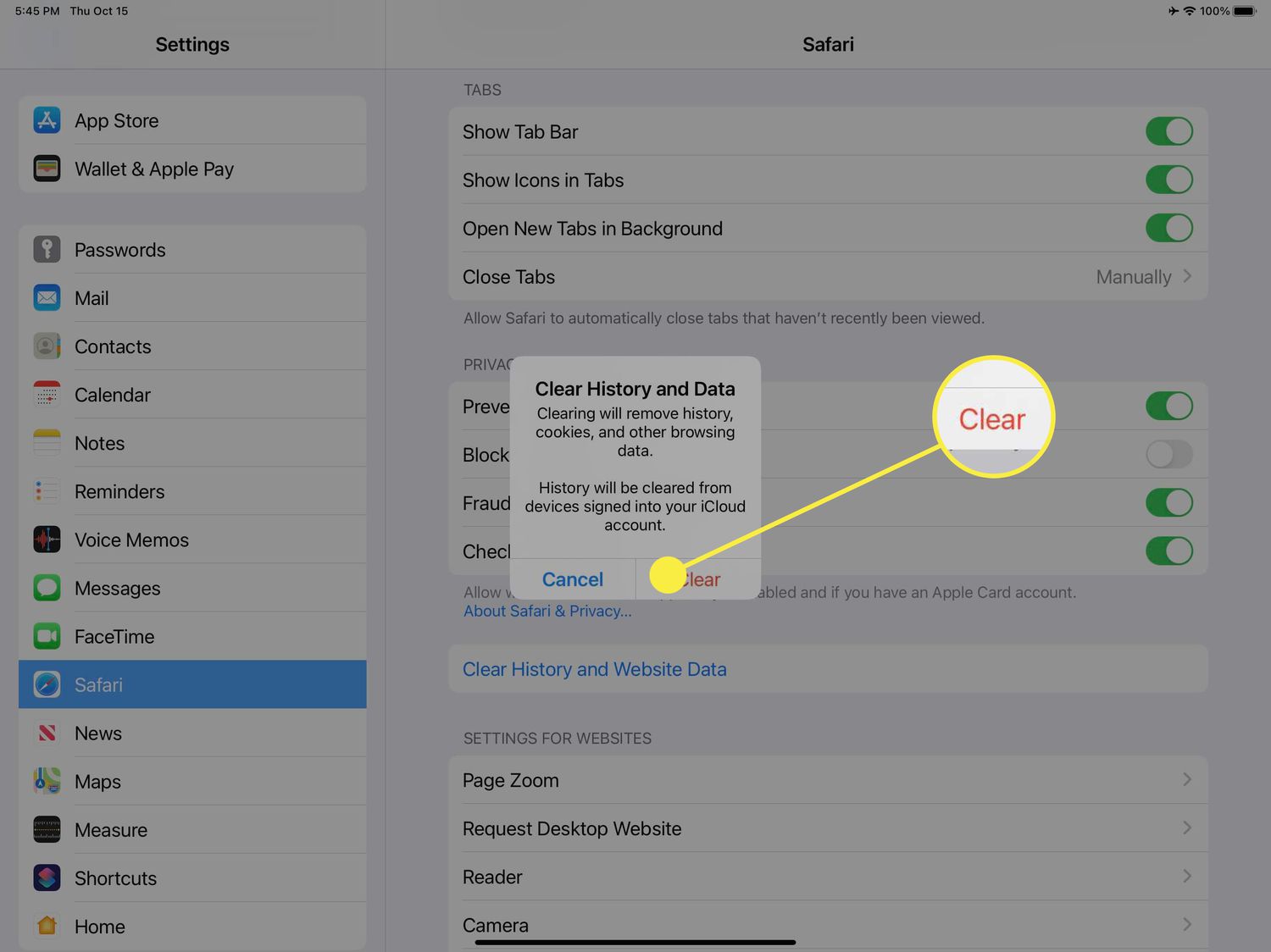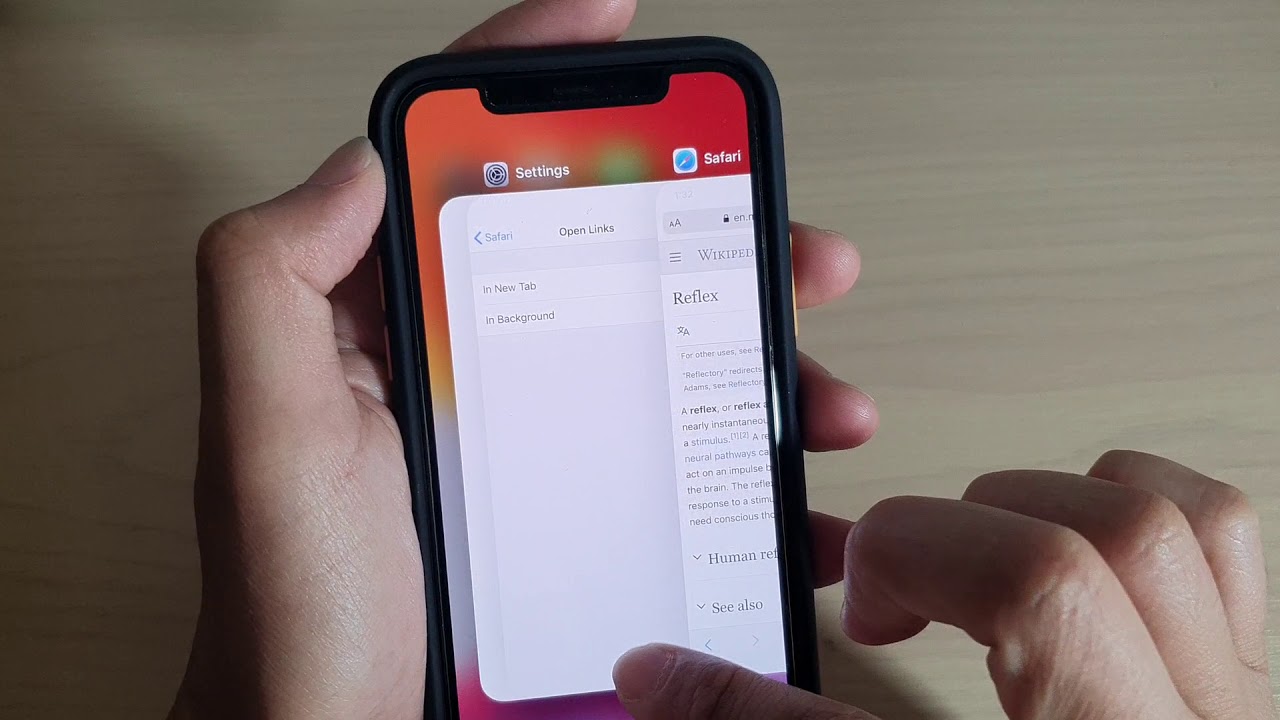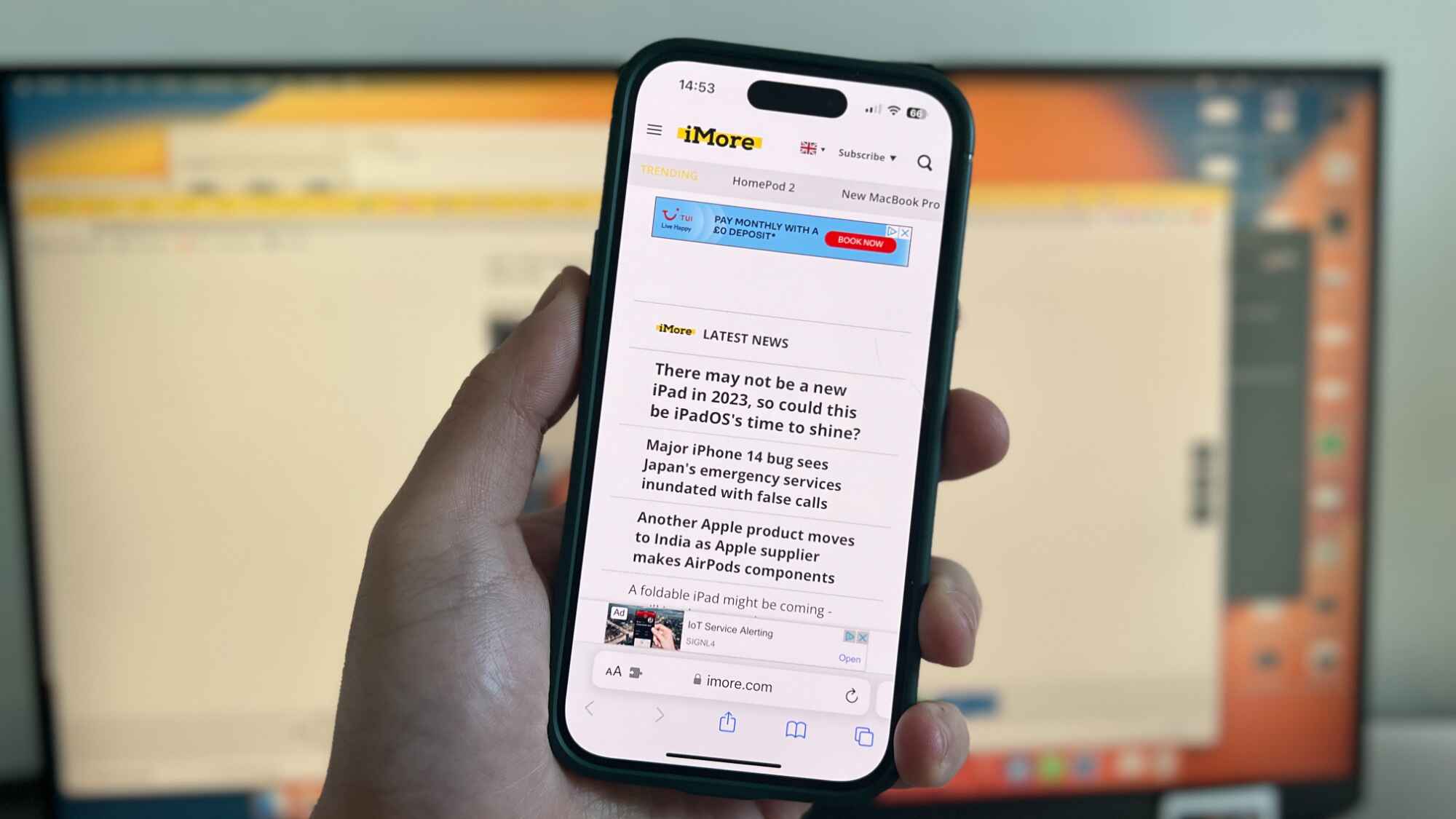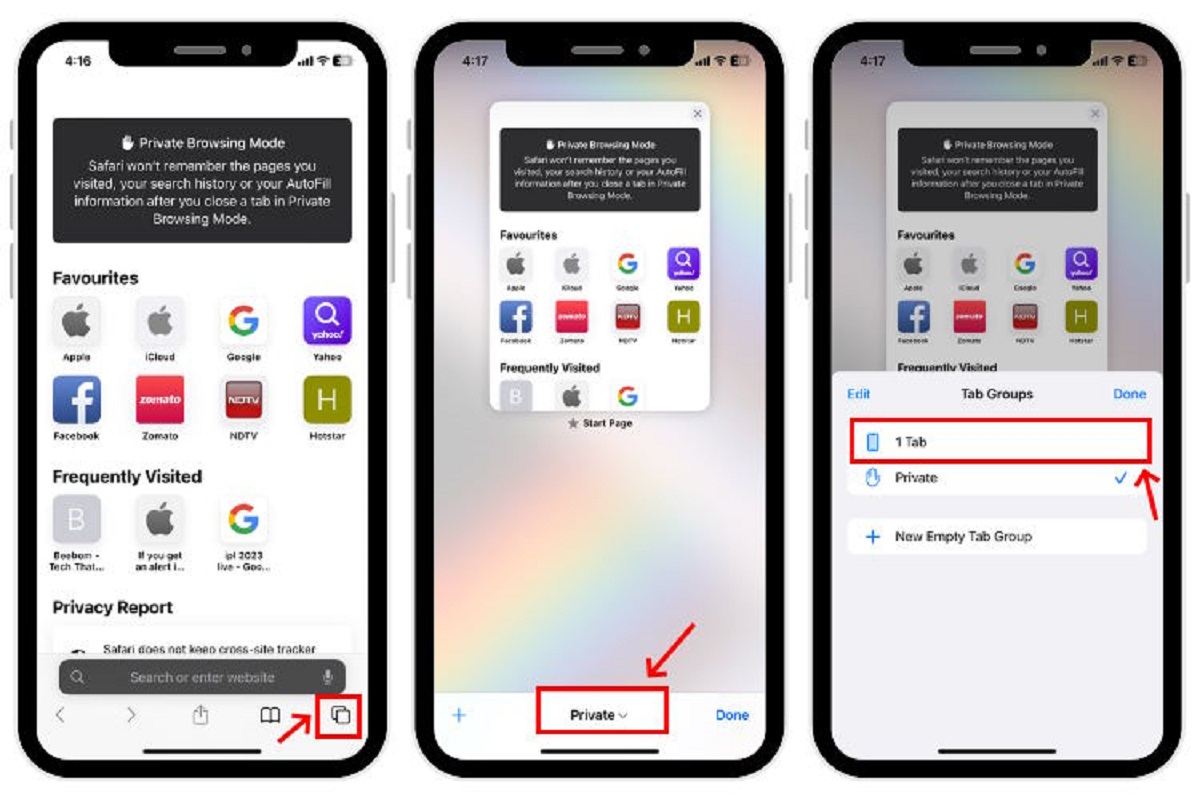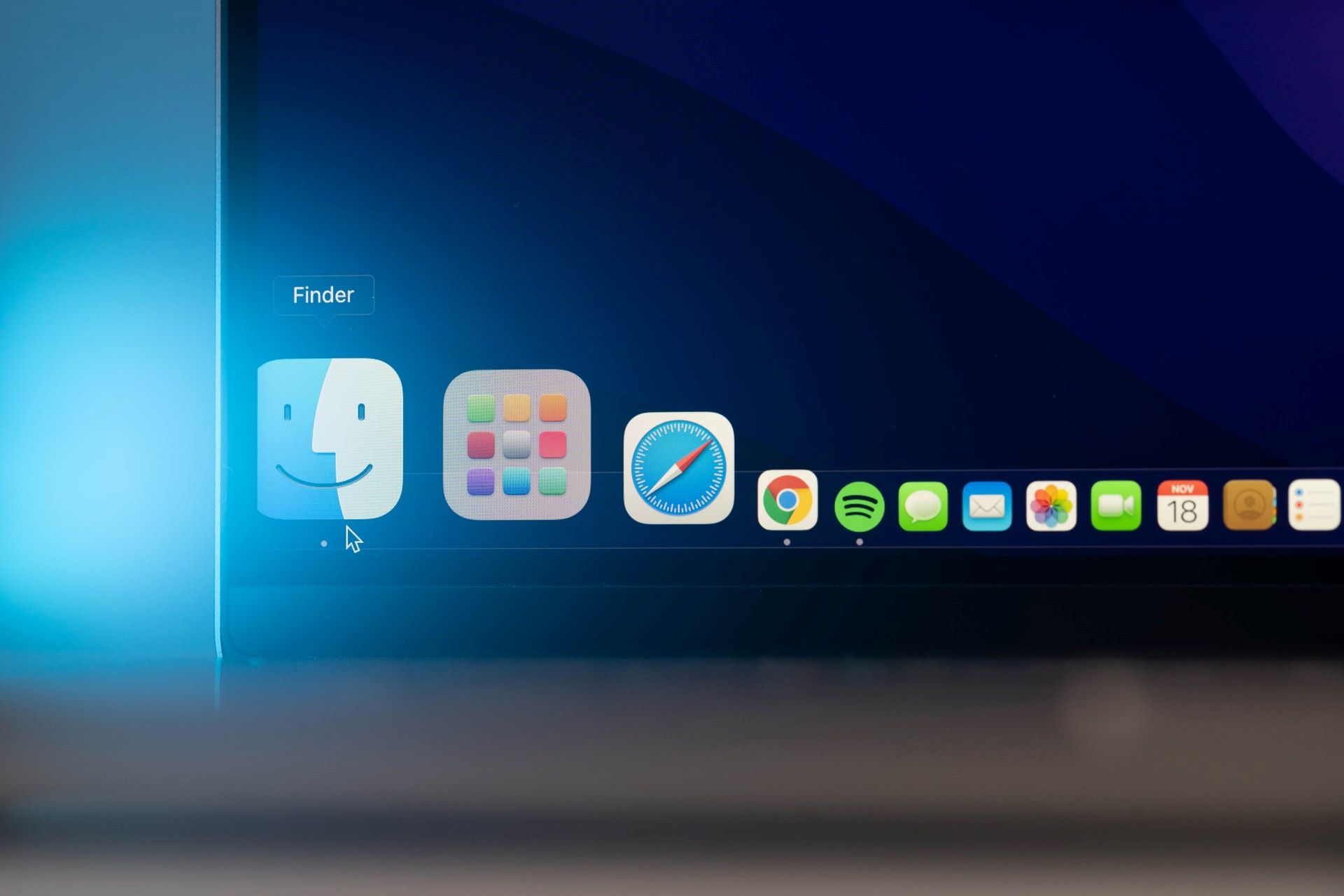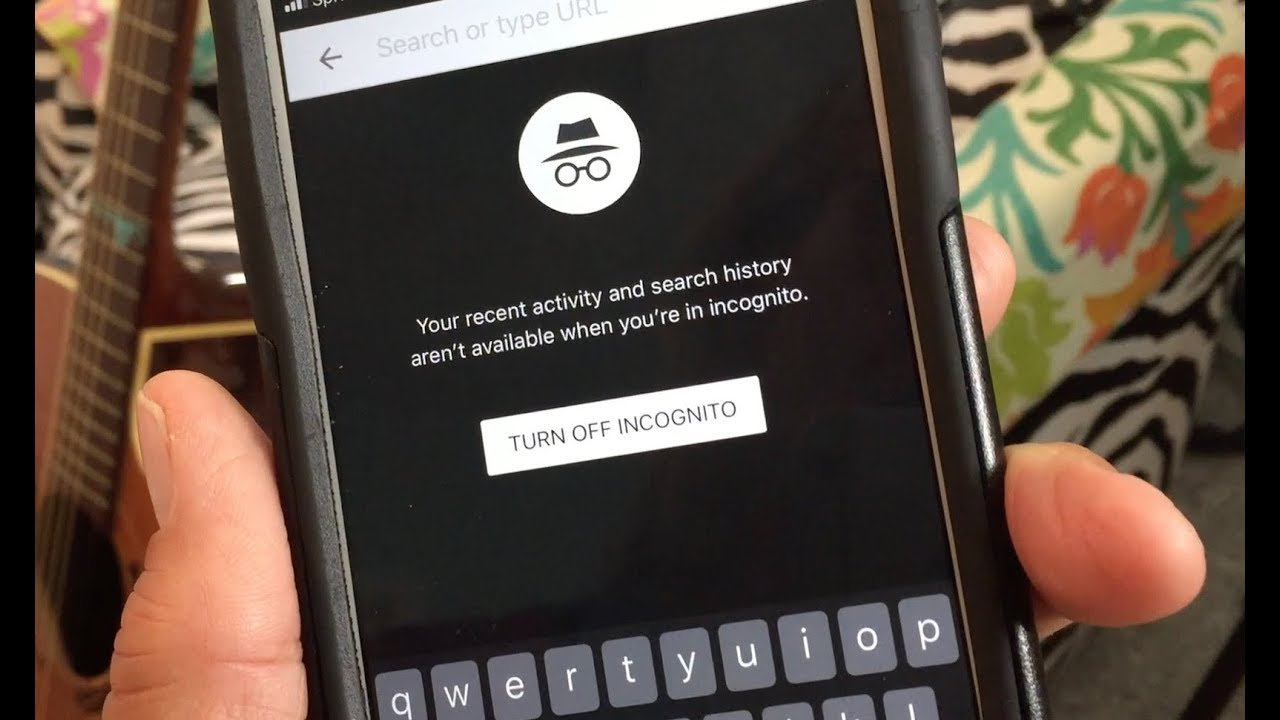Common Reasons for Safari Cannot Connect to the Internet Error
Encountering the "Safari Cannot Connect to the Internet" error on your iPhone can be frustrating, especially when you're trying to access important information or browse the web. Understanding the common reasons behind this issue can help you troubleshoot and resolve it effectively.
-
Weak or Unstable Internet Connection: One of the primary reasons for Safari's connectivity issues is a weak or unstable internet connection. This can occur when you're in an area with poor network coverage or when your device is struggling to maintain a stable connection.
-
DNS Configuration Problems: The Domain Name System (DNS) plays a crucial role in translating domain names into IP addresses, allowing your device to connect to websites. If there are issues with your DNS configuration, Safari may struggle to establish a connection with the intended websites.
-
Outdated Safari Browser: Using an outdated version of the Safari browser can lead to connectivity problems. Updates often include bug fixes and improvements that address connectivity issues, so running an outdated version may result in the "Safari Cannot Connect to the Internet" error.
-
Network Restrictions or Firewall Settings: In some cases, network restrictions or firewall settings implemented by your internet service provider or network administrator can interfere with Safari's ability to connect to the internet. These restrictions may block access to certain websites or services, leading to connectivity errors.
-
Corrupted Safari Cache or Data: Over time, the cache and data stored by the Safari browser can become corrupted, leading to connectivity issues. Clearing the cache and resetting the browser settings can often resolve these issues and restore connectivity.
-
Software Glitches or Bugs: Like any software, Safari is susceptible to glitches and bugs that can impact its ability to connect to the internet. These issues may arise due to software conflicts, incomplete updates, or other technical factors.
Understanding these common reasons for the "Safari Cannot Connect to the Internet" error is the first step toward resolving the issue. By identifying the underlying cause, you can take targeted steps to troubleshoot and address the specific factors contributing to the connectivity problem.
Troubleshooting Steps for Safari Cannot Connect to the Internet Error
Resolving the "Safari Cannot Connect to the Internet" error on your iPhone may seem daunting, but with the right troubleshooting steps, you can often pinpoint and address the underlying issues effectively. Here are some practical steps to help you troubleshoot and resolve this frustrating error:
-
Check Your Internet Connection: Start by ensuring that your iPhone is connected to a stable and reliable internet connection. If you're using Wi-Fi, verify that you're within range of the network and that the signal strength is adequate. If you're using cellular data, check that your data plan is active and that you have sufficient signal strength.
-
Restart Safari: Sometimes, a simple restart of the Safari browser can resolve temporary connectivity issues. Close the Safari app completely and then relaunch it to see if the error persists.
-
Reboot Your iPhone: A common troubleshooting step for various iPhone-related issues is to perform a device reboot. This can help clear temporary glitches and refresh the device's network connections. After rebooting your iPhone, attempt to access the internet using Safari to see if the error has been resolved.
-
Update Safari: If you're using an outdated version of the Safari browser, updating it to the latest version available in the App Store may address connectivity issues. Check for updates in the App Store and install any available updates for the Safari browser.
-
Reset Network Settings: Resetting your iPhone's network settings can often resolve connectivity issues. This step will clear saved Wi-Fi networks, cellular settings, and VPN configurations, so be sure to have your Wi-Fi passwords and other network details on hand before proceeding. To reset network settings, navigate to Settings > General > Reset > Reset Network Settings.
-
Clear Safari Cache and Data: Clearing the cache and data stored by the Safari browser can help resolve connectivity issues caused by corrupted or outdated information. To do this, navigate to Settings > Safari > Clear History and Website Data. Keep in mind that this action will remove browsing history, cookies, and other browsing data from Safari.
-
Check DNS Settings: If DNS configuration problems are suspected, you can manually configure DNS settings on your iPhone. Navigate to Settings > Wi-Fi, tap the "i" icon next to your connected Wi-Fi network, and select "Configure DNS." Consider using Google's Public DNS (8.8.8.8, 8.8.4.4) or other reliable DNS servers.
-
Disable VPN and Proxy Settings: If you're using a VPN or proxy on your iPhone, try disabling these settings to see if they are contributing to the connectivity error. VPN and proxy configurations can sometimes interfere with Safari's ability to connect to the internet.
By following these troubleshooting steps, you can systematically address potential causes of the "Safari Cannot Connect to the Internet" error on your iPhone. If the issue persists after attempting these steps, consider reaching out to Apple Support or your internet service provider for further assistance.
How to Fix Safari Cannot Connect to the Internet Error on iPhone
Encountering the "Safari Cannot Connect to the Internet" error on your iPhone can disrupt your browsing experience and hinder access to essential online resources. Fortunately, addressing this issue involves a series of practical steps that can help restore Safari's connectivity and alleviate the frustration associated with the error.
Check Your Internet Connection
Begin by verifying that your iPhone is connected to a stable and reliable internet connection. Whether you're using Wi-Fi or cellular data, ensure that your device is within range of the network and that the signal strength is sufficient for seamless connectivity.
Restart Safari
Sometimes, a simple restart of the Safari browser can effectively resolve temporary connectivity issues. Close the Safari app entirely and relaunch it to see if the error persists.
Reboot Your iPhone
Performing a device reboot is a common troubleshooting step for various iPhone-related issues. This action can help clear temporary glitches and refresh the device's network connections, potentially resolving the "Safari Cannot Connect to the Internet" error.
Update Safari
Using an outdated version of the Safari browser can lead to connectivity problems. Check for available updates for the Safari browser in the App Store and install the latest version to address any existing connectivity issues.
Reset Network Settings
Resetting your iPhone's network settings can often resolve connectivity issues. This step clears saved Wi-Fi networks, cellular settings, and VPN configurations. Before proceeding, ensure that you have your Wi-Fi passwords and other network details on hand.
Clear Safari Cache and Data
Clearing the cache and data stored by the Safari browser can help resolve connectivity issues caused by corrupted or outdated information. Navigate to Settings > Safari > Clear History and Website Data to perform this action.
Check DNS Settings
If DNS configuration problems are suspected, consider manually configuring DNS settings on your iPhone. Navigate to Settings > Wi-Fi, tap the "i" icon next to your connected Wi-Fi network, and select "Configure DNS." You can use reliable DNS servers such as Google's Public DNS (8.8.8.8, 8.8.4.4) to potentially address DNS-related connectivity issues.
Disable VPN and Proxy Settings
If you're using a VPN or proxy on your iPhone, try disabling these settings to determine if they are contributing to the connectivity error. VPN and proxy configurations can sometimes interfere with Safari's ability to connect to the internet.
By systematically following these troubleshooting steps, you can effectively address potential causes of the "Safari Cannot Connect to the Internet" error on your iPhone. If the issue persists after attempting these steps, consider seeking further assistance from Apple Support or your internet service provider to ensure a swift resolution.







